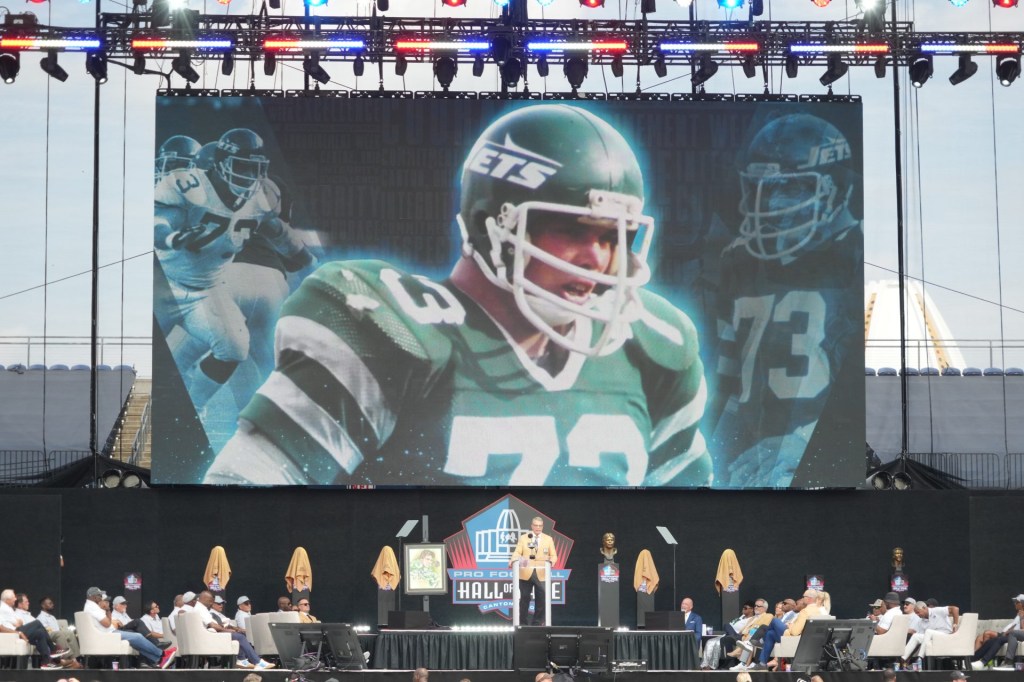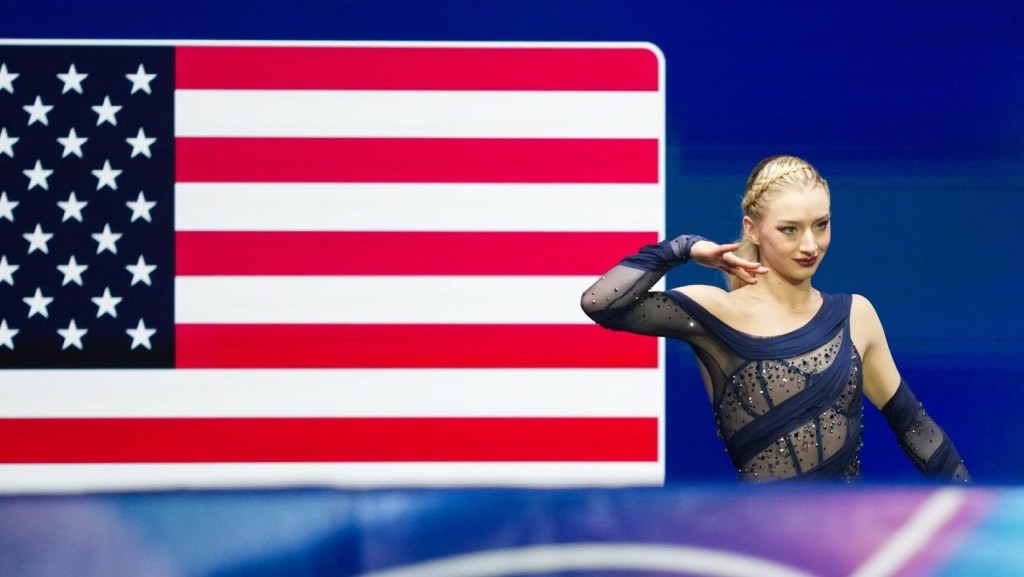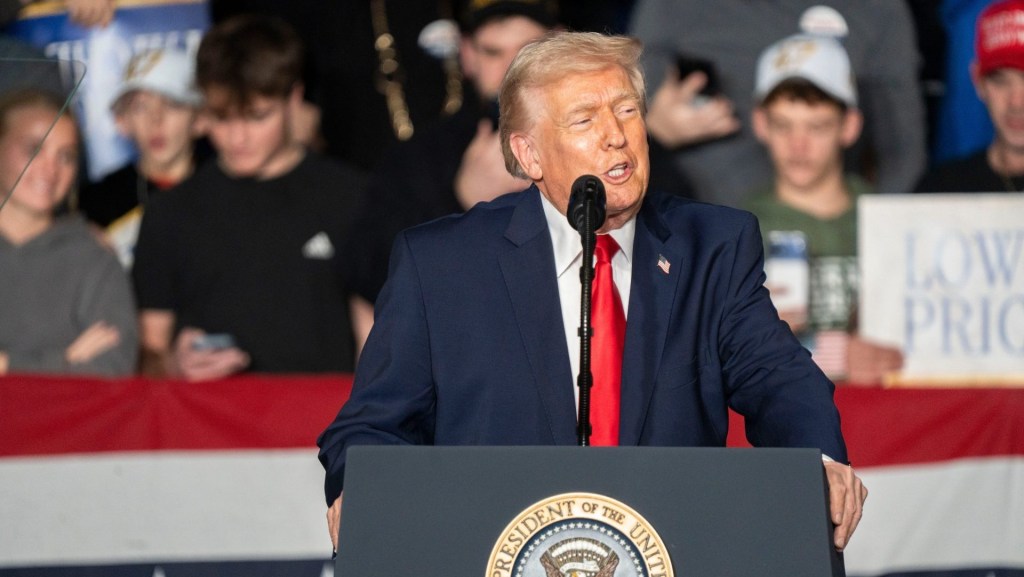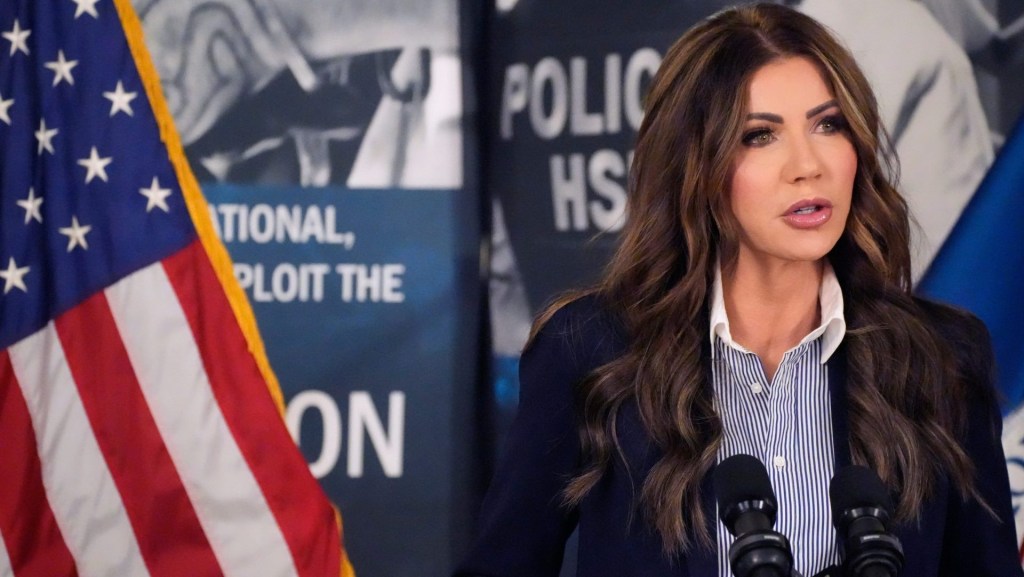Professional gamblers have been sounding the alarm about an element of the “One Big Beautiful Bill Act” that passed in the Senate earlier this week, saying it would effectively raise their taxes, potentially by an enormous amount.
The specific language that has thrown gamblers, particularly in the poker community on social media, into a sense of panic was that deductions “shall be equal to 90% of the amount of such losses during such taxable year, and (B) shall be allowed only to the extent of the gains from such transactions during such taxable year.”
Currently, gamblers can deduct 100% of their losses. The margins have the potential to make a big difference.
“My interpretation of how this will change for gamblers is they are trying to take a provision out of what they did for businesses with net operating losses where they limited the NOL that you could use up to 80% of your income so you’re always going to pay tax when you make income,” Joshua Horowitz, CPA and Team Leader of the professional sports division of Withum, told Front Office Sports.
“With gamblers, they are limiting your losses to 90%, which may cause people to owe tax even in years that they have net losses.”
One professional gambler, who spoke to FOS on the condition of anonymity, spelled out some of the math.
“If this goes through as it is written, I would basically just have to stop,” he said. “If I win $100 million and lose $99 million, that would be a great year, to have $1 million in profit! But with this bill, I would have to pay taxes on about $10 million in ‘gains’, which would turn my year into a $2 million loss.”
Maria Konnikova, who plays poker and writes books about it, also believes the bill would hurt her earnings.
“This is absolutely horrific if you’re a professional poker player—or even someone like me, who straddles the journalism and poker worlds. It’s basically a huge in-built fee on choosing to engage in any form of gambling (poker isn’t gambling—it’s a game of skill—but I won’t get into that here! for the bill’s purposes, we’re lumping all gambling-adjacent activities together),” she told FOS.
“Imagine I have $100,000 in winnings in a year from poker and I played $200,000-worth of tournaments, for a net win of $0. In past years, I’d have zero poker income—no taxes, because I didn’t actually make a cent. Under this bill, my losses are capped at 90%. So, I can only report $90,000 in losses—and I have to pay taxes on a phantom $10,000 that I don’t actually have! I’m being charged a penalty for choosing to play to begin with. This is absolutely bonkers. For someone like me, it means I effectively have to use my earnings as a writer to subsidize playing poker. Instead of an income stream, poker becomes a liability. If the purpose of this bill is to kill poker and stop people from playing, mission accomplished. The provision hurts you whether you have a winning year or a losing year—and the poker ecosystem is unlikely to survive the change.”
It was not clear who lobbied for this provision to be included in the bill, or why. The Joint Committee on Taxation estimated that the new gambling tax provision would raise $1.1 billion over eight years.
Spokespeople for FanDuel, DraftKings, and the American Gaming Association declined to comment, and White House spokespeople did not respond to a request for comment.
The bill will be voted on in the House of Representatives on Wednesday.
Dina Titus, a Democratic Congresswoman from Nevada, wrote on X, “Buried within the BS Republican Budget bill is a provision that harms poker players and those who gamble by limiting loss deductions. I’m working on a legislative fix that fairly treats gaming losses in the tax code.”
FiveThirtyEight founder Nate Silver, who competes in poker tournaments, sounded the alarm in a Tuesday post on X.
“Tax code is already punitive to poker players (you get taxed on winning years but can’t write off losing years unless you file as a pro; it’s easy to have a down year even as a good player) and Senate-passed version of OBBBA would make it considerably worse,” Silver wrote.
Chris Moneymaker, who was credited as a major factor in setting off the poker boom after he won the World Series of Poker in 2003, quipped, “Anyone hiring 50 yr old male with zero work history for last 25 years. #wouldyoulikefrieswiththat?”

















